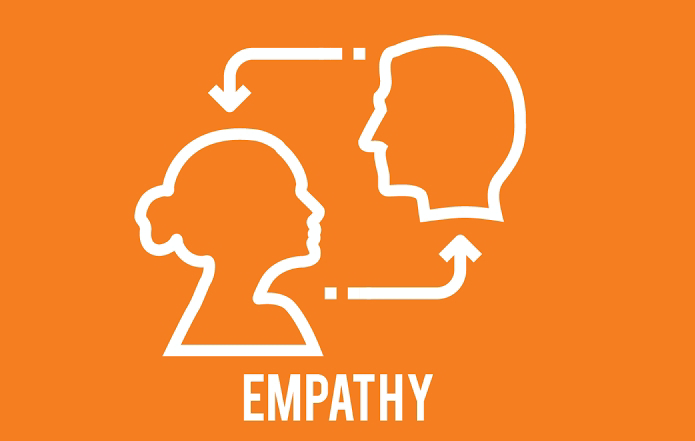IT IS RIGHT BUT YOU ARE WRONG
Perhaps you've heard this cliché - it's not what you say but how you say it that counts - a number of times but its reality has not dawned on you, learn from how I experienced it today.
It was our occasional academic staff meeting today and I was assigned an additional role to the ones I have been doing with unbridled enthusiasm. I happily accepted it but forcefully rejected its schedule. That was my mistake!
The director strongly berated the reasons I provided for rejecting the role and assigned it to another capable person in my department.
To me, the reasons were right; to him I was wrong. They were right because they were about my expertise. I was wrong because I expressed them in the wrong way. It became obvious that it was in the wrong way when he sarcastically referred to me as the 'most intelligent person in the room.'
As a pragmatician, I knew the implications of that remark. So I went to a superior colleague to help me tender my sincerest apology. The colleague was generous enough to advise me on how to tread carefully when expressing my thoughts because some listeners are analytical while others are emotional. According to him, the analytical ones want to see the reasons something will not work ONLY in the process of doing it. The emotional ones, on the other hand, are ready to agree or disagree when their emotions are stroked. The director is the former.
So if you are yet to receive this remark, it is high time you knew how to say it persuasively without being patronisingly forceful. It now appears forcefulness has gone beyond the tone of your voice alone and included your visage while expressing your thoughts. And even the 'yes' to this question: do you often express your mind while standing whereas others often do theirs sitting?
I did mine standing, and that was what foregrounded my mistake!
What I learnt Today (WILT): "Future Library project is an organic artwork dreamed up by the Scottish artist Katie Paterson. It began in 2014 with the planting of 1,000 Norwegian spruces in a patch of forest outside Oslo. Paterson is asking one writer a year to contribute a manuscript to the project. The works, unseen by anyone but the writers themselves, will be kept in a room lined with wood from the forest in the Deichman library in Oslo. One hundred years after Future Library was launched, in 2114, the trees will be felled, and the manuscripts printed for the first time."
Source: The Guardian


💪
ReplyDelete